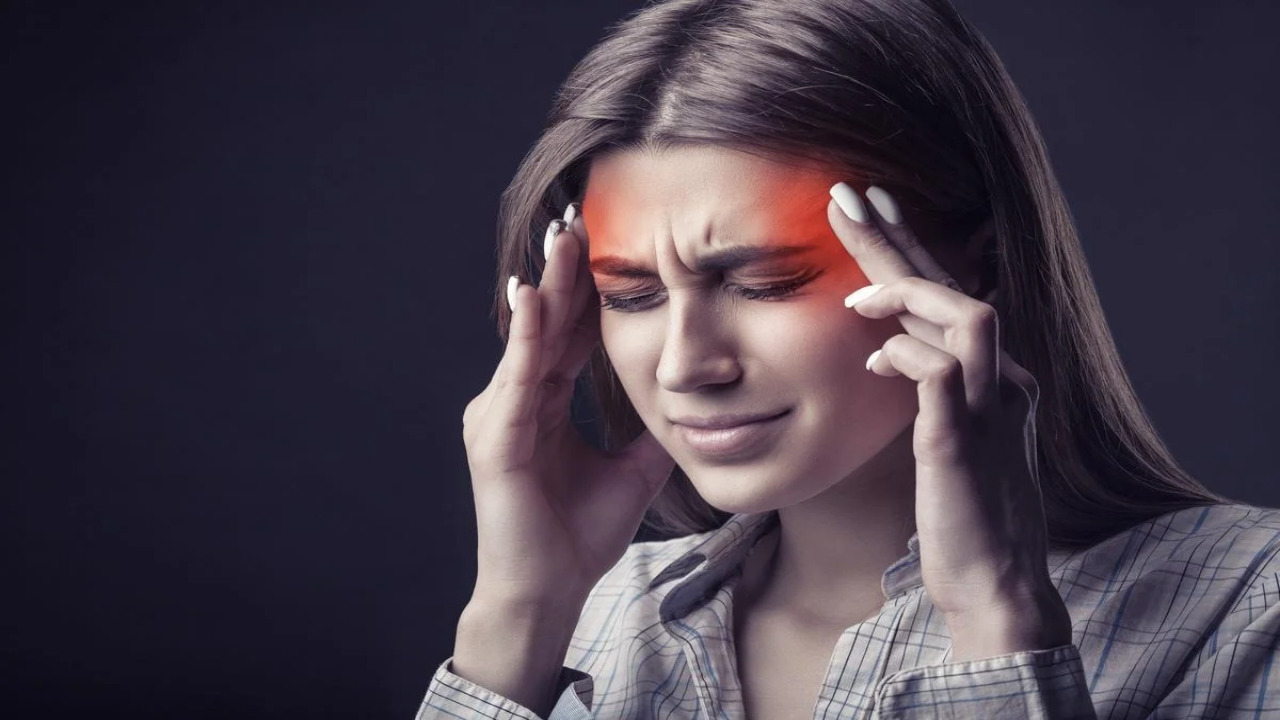Drug addiction is a very big concern and serious problem in our society today. Many people struggle with drug abuse every day. Some even become addicted to drugs at a young age. If you or somebody you love has a substance abuse disorder, you might wonder what happens to their body during withdrawal.
When someone stops taking drugs, they experience symptoms such as anxiety, depression, irritability, insomnia, and craving. These symptoms usually last from several days to weeks. The severity of these symptoms depends on the source or type of drug being taken. When someone stops using drugs, their brain releases chemicals called neurotransmitters. This causes them to experience withdrawal symptoms. In some cases, these symptoms are mild enough to go unnoticed. However, in other cases, they can cause severe health problems. Drug withdrawal symptoms are unpleasant side effects that occur when you stop taking certain drugs. They usually go away after several days but some people suffer severe withdrawal symptoms that last weeks or months. Here’s a brief overview of what happens during drug withdrawal:
Headaches

Headaches are among the most common withdrawal symptoms. They may come on suddenly or gradually worsen over several hours or days.
Nausea & Vomiting

Vomiting and nausea are also common withdrawal symptoms. These are sometimes accompanied by diarrhea.
Insomnia

Insomnia is another common symptom of drug withdrawal. People suffering from insomnia tend to have too little sleep.
Anxiety

Anxiety is another common symptom of withdrawal. It occurs when your body senses that something bad is happening. For instance, anxiety can cause you to feel restless, nervous, tense, irritable, or jittery.
Sweating

Sweating is a critical sign that your body is trying to rid itself of toxins. When you sweat excessively, it can lead to dehydration.
Fatigue

Fatigue is a feeling of exhaustion and lack of energy. It can make it difficult for someone to concentrate and perform daily activities.
Muscle Pain

Muscle pain is caused by inflammation of muscle tissue. It typically starts in the back and spreads throughout the body.
How to manage drug addiction

Drug addiction is a serious mental health condition that affects several millions of people around the globe. While drug withdrawal symptoms vary depending on the type of substance used, some common signs include anxiety, depression, irritability, insomnia, restlessness, headaches, nausea, vomiting, diarrhea, sweating, muscle aches, chills, and fever. While these symptoms may seem like a nuisance, they can also lead to dangerous medical conditions. For instance, extreme fatigue and weakness can cause people to fall and injure themselves. Nausea and vomiting can result in dehydration and malnutrition, leading to weight loss. Muscle pain and stiffness can make it difficult to move, causing injuries. Severe anxiety and panic attacks can trigger heart palpitations and chest pains.
In addition to physical problems, drug withdrawal can also lead to psychological issues. People suffering from severe cravings and urges to use drugs may feel depressed and hopeless. They may also become angry and aggressive toward loved ones. These feelings can lead to violent outbursts and self-destructive behaviors. Fortunately, there are some key things you can do to manage the effects of drug withdrawal. Here are some cool tips to help you cope with the symptoms of drug withdrawal:
Stay Hydrated

Drinking plenty of water during drug withdrawal can prevent dehydration and reduce the risk of kidney damage. Drink at least 8 glasses of water per day, but avoid drinking too much liquid, since excess fluid intake can actually worsen withdrawal symptoms.
Eat Healthy Foods

During drug withdrawal, your body needs nutrients to heal itself. To ensure you’re getting all the vitamins and minerals you need, eat foods high in protein, fiber, iron, calcium, zinc, magnesium, vitamin C, B12, folate, omega-3 fatty acids, and antioxidants.
Exercise Regularly

Exercise is another effective method of managing drug withdrawal symptoms. Studies suggest that exercise reduces stress levels and improves mood. Try walking, swimming, running, biking, dancing, yoga, martial arts, or playing sports.
Practice Mindfulness
Mindfulness techniques can help you stay calm and focused when experiencing intense emotions associated with drug withdrawal. One simple mindfulness technique involves focusing on your breathing. As you breathe in, focus on feeling your lungs fill with air. As you exhale, think about letting go of negative thoughts and worries.
Talk About Drugs With Someone Who Understands Addiction
Talking to someone who understands addiction can help ease your concerns and fears related to drug withdrawal. Talking to a friend, relative, counselor, or doctor can provide support and advice.
Seek Help When Necessary
Seeking professional treatment for drug abuse can help alleviate withdrawal symptoms and address the underlying causes of addiction. There are numerous programs that offer counseling and medication-assisted treatments for opioid addictions. Some of the best-known include Narcotics Anonymous, Alcoholics Anonymous, and 12-Step Recovery Programs.
Consider Alternative Treatments
Some alternative therapies, including acupuncture, hypnosis, biofeedback, and meditation, have been shown to relieve the symptoms of drug withdrawal. However, studies haven’t found conclusive evidence that they’re effective.





